What Happens in Oedipus Rex?

Sophocles’ Oedipus Rex is a profound exploration of the human psyche, delving into the depths of self-knowledge, fate, and the consequences of unconscious actions. Through the story of Oedipus, the king who unwittingly kills his father and marries his mother, the play illuminates the archetypal journey of the hero and the universal human struggle to understand and integrate the shadow aspects of the self.
Summary of Oedipus Rex
Oedipus Rex opens with the city of Thebes in the grip of a terrible plague. Oedipus, the king, sends his brother-in-law Creon to consult the oracle for guidance. The oracle reveals that the plague is a punishment for the unpunished murder of the previous king, Laius. Oedipus vows to find the murderer and bring him to justice.
As Oedipus investigates, he learns from the blind seer Tiresias that he himself is the murderer. Oedipus, disbelieving, continues his search, only to discover that he was prophesied at birth to kill his father and marry his mother. Despite attempts to avoid this fate, Oedipus had, in fact, unknowingly fulfilled the prophecy.
Realizing the truth, Jocasta, Oedipus’ wife and mother, hangs herself, and Oedipus blinds himself with her brooch pins. The play ends with Oedipus exiling himself from Thebes.
Archetypal Figures in Oedipus Rex
Oedipus: The Hero and His Shadow
Oedipus embodies the archetype of the hero – a great man of action, intellect, and power. He is the one who solved the riddle of the Sphinx and saved Thebes, and now he takes on the task of finding Laius’ murderer.
However, Oedipus is also a hero with a shadow. His defining qualities – his determination, his pride in his intellect, his certainty in his own innocence – are also his tragic flaws. His relentless pursuit of the truth, despite warnings, leads him to confront the terrible truth about himself.
In Jungian terms, Oedipus’ journey is one of individuation – of integrating the conscious and unconscious aspects of the psyche. His self-blinding at the end of the play can be seen as a symbolic turning inward, a confrontation with the shadow self that he had previously been blind to.
Jocasta: The Great Mother
Jocasta, Oedipus’ wife and mother, embodies the archetype of the Great Mother – the source of life, nurturance, and also, in her shadow aspect, of devouring destruction.
On one level, Jocasta represents the comfort and security of the maternal. She tries to soothe Oedipus’ fears and dissuade him from his search for truth. However, she is also the embodiment of the taboo of incest, the overattachment to the mother that the hero must overcome in his journey of individuation.
Her suicide at the revelation of the truth can be seen as the necessary death of the Great Mother, allowing for the hero’s psychological rebirth and independence.
Tiresias: The Wise Old Man
Tiresias, the blind prophet, represents the archetype of the Wise Old Man. Despite his physical blindness, he possesses deep insight and knowledge of the truth that Oedipus seeks.
Tiresias serves as a guide and a warning to Oedipus. He represents the voice of the unconscious, the intuitive knowledge that the hero often initially rejects or misunderstands. His confrontation with Oedipus is a key moment in the hero’s journey, a call to look beyond the obvious and confront the deeper truths of the self.
Themes and Psychological Insights
The Journey of Self-Discovery
At its heart, Oedipus Rex is a story of self-discovery. Oedipus’ relentless search for the truth, despite all warnings, is a powerful metaphor for the journey of individuation – the process of becoming whole by integrating the conscious and unconscious aspects of the psyche.
Oedipus’ self-blinding at the end of the play can be seen as a symbolic turning inward, a confrontation with the shadow self. It is only through this painful confrontation that true self-knowledge and transformation can occur.
The Power of the Unconscious
The play is a vivid illustration of the power of the unconscious in shaping our lives. Despite Oedipus’ conscious efforts to avoid his prophesied fate, he unknowingly fulfills it through his very actions.
This suggests the way in which our unconscious drives and complexes can steer our lives in ways we may not be aware of. Oedipus’ tragedy is a reminder of the importance of bringing the unconscious into consciousness, of integrating the shadow, in order to live more fully and authentically.
The Limits of Rationality
Oedipus prides himself on his intellect, on his ability to solve riddles and see what others cannot. However, his reliance on rational knowledge proves inadequate in the face of the irrational truths of the unconscious.
Oedipus’ downfall can be seen as a commentary on the limits of the rational mind and the importance of acknowledging the non-rational, intuitive aspects of the psyche. Tiresias, with his inner sight, represents this intuitive wisdom that Oedipus initially rejects.
The Inescapability of Fate
On a deeper level, the play explores the complex relationship between free will and fate, between our conscious choices and the larger patterns that seem to shape our lives.
Oedipus’ fate was prophesied before his birth, and despite his efforts to avoid it, he fulfills it unknowingly. This raises profound questions about the extent to which we are truly free agents, and the degree to which our lives are shaped by forces beyond our control – whether these are understood as divine fate, unconscious drives, or the complexes and archetypes of the collective unconscious.
The Universality of the Oedipus Complex
In Freudian psychology, the Oedipus complex refers to the child’s unconscious desire for the opposite-sex parent and rivalry with the same-sex parent. While Jungian psychology takes a more symbolic view, seeing the Oedipus story as an archetypal journey of individuation, the play’s enduring power suggests the universality of its themes.
Oedipus’ story resonates because it speaks to the fundamental human struggle to differentiate ourselves from our parents, to overcome our childhood attachments and become independent, self-aware beings. His self-blinding can be seen as a powerful symbol of the painful but necessary process of psychological separation and self-discovery.
Read About Other Classical Greek Plays and Their Influence on Depth Psychology
Classical Literature
Iphigenia in Aulis




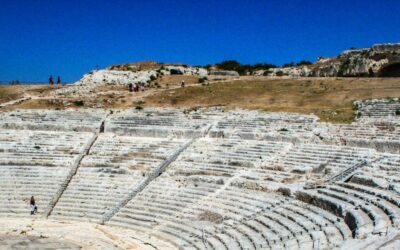




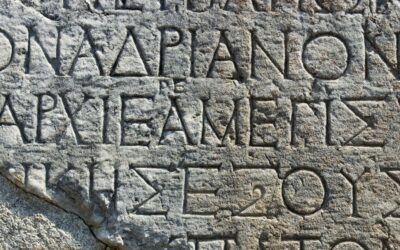




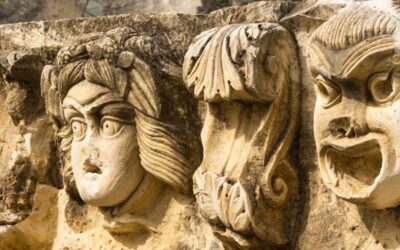
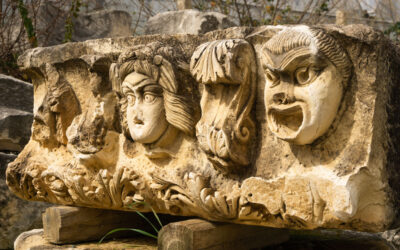

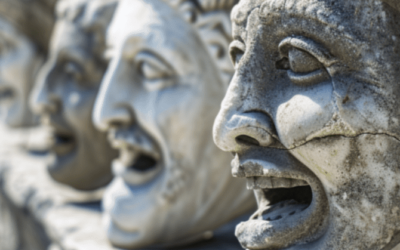
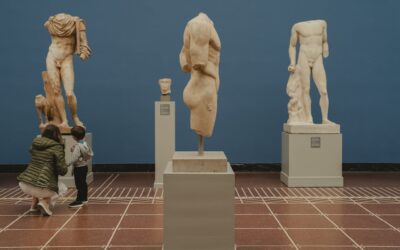
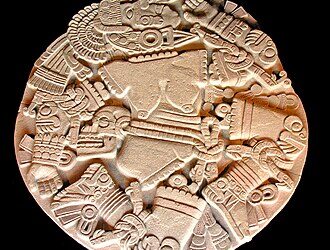
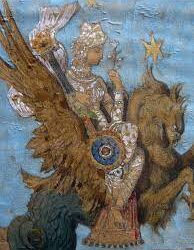
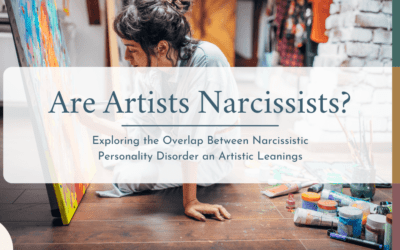

0 Comments